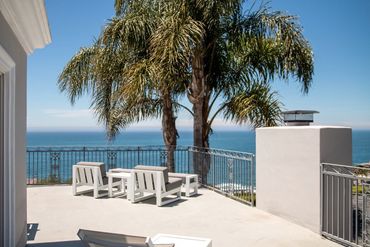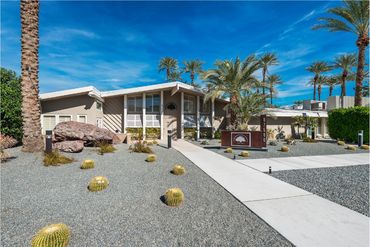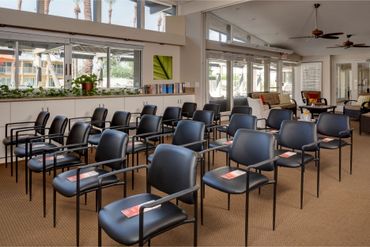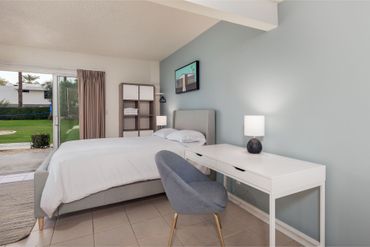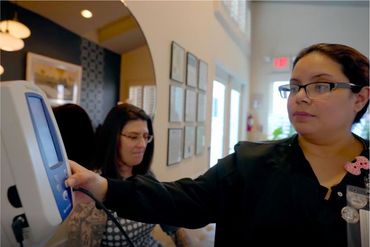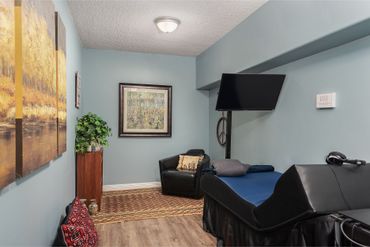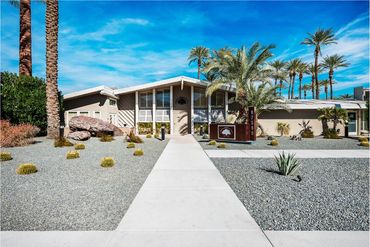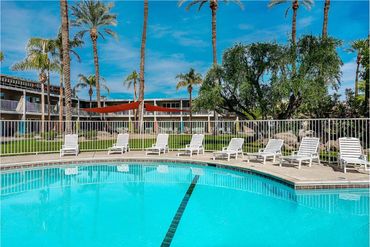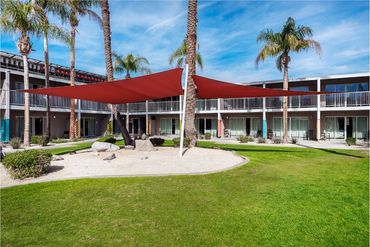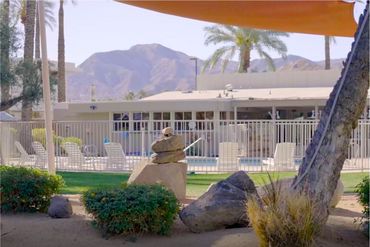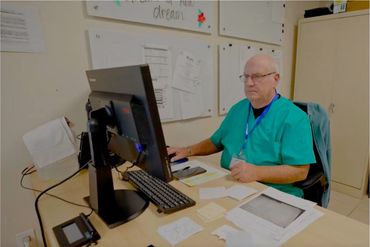
Drug & Alcohol Rehab Centers near Laguna Beach, CA
Finding treatment for substance use disorder in Laguna Beach, California is a crucial step towards recovery. Before starting this journey, it’s important to explore treatment options and understand payment choices to ensure you receive the necessary support.
Treatment Centers near Laguna Beach, CA
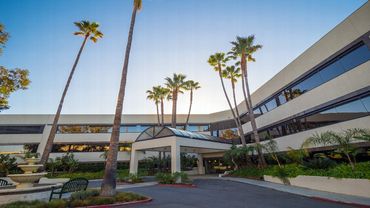
All Treatment Centers near Laguna Beach, CA
Are You Covered For Treatment?
- Los Angeles Rehabs
- San Diego Rehabs
- Malibu Rehabs
- Costa Mesa Rehabs
- Long Beach Rehabs
- Sacramento Rehabs
- San Francisco Rehabs
- Fresno Rehabs
- San Juan Capistrano Rehabs
- Huntington Beach Rehabs
Information About Rehab in Laguna Beach
Latest Reviews
Latest Reviews of Rehabs in California
Hillside Laguna
I can’t express my gratitude enough for Hillside Laguna. It has been a blessing to our son and our family. The care and attention he received wad really great. The staff is very accessible and very responsive and have our son’s interest at heart.
St. Joseph Health - Mission Pacific Coast Recovery
If you have to go to an inpatient treatment facility, this is a beautiful one with ocean views. I don't think that is all that important in getting clean, but if you can afford a fancy rehab, go for it.
Privé-Swiss Laguna Beach
Recovery is possible. You don’t have to ask for anything, or everything all at once. Stay active & stay professional
Area Information
Laguna Beach, California, nestled along the stunning Pacific coastline, is a renowned haven of natural beauty and artistic inspiration. This coastal gem is home to a population of approximately 23,0001 residents who enjoy a unique blend of seaside charm and cultural vibrancy. The city is celebrated for its pristine beaches, rugged cliffs, and crystal-clear waters, making it a popular destination for outdoor enthusiasts and surfers. Laguna Beach also boasts a thriving arts scene, with numerous galleries, festivals, and cultural events that attract artists and art enthusiasts from around the world. The city’s charming downtown area offers boutique shopping, gourmet dining, and a welcoming community spirit, making Laguna Beach a treasured place to call home and a sought-after destination for visitors.
Substance Misuse and Addiction in Laguna Beach, California
Substance misuse and addiction represent a pervasive concern in Orange County, the geographical location of Laguna Beach. Over the past two decades, Orange County has witnessed a substantial rise in fatal overdoses related to both alcohol and drugs. A comprehensive report unveiled a disturbing trend, indicating a 51% surge in drug and alcohol overdose fatalities between 2000 and 2012 within Orange County.2 During this same timeframe, drug overdose deaths surged by 61%, while alcohol overdose fatalities experienced a 41% increase.2
Drug and Alcohol Rehab
Rehabilitation facilities offer a diverse array of options and programs to address addiction and support individuals on their path to recovery. These comprehensive programs provide the necessary tools, therapies, and guidance to help individuals overcome addiction and establish a foundation for a healthier, substance-free life.
What Happens in Drug and Alcohol Rehab?
Rehabilitation encompasses several stages of care, each tailored to meet individuals at different points on their journey to recovery. These stages typically include detoxification (detox), inpatient treatment, outpatient programs, and aftercare. It’s essential to understand that each person’s path to sobriety is unique, and multiple levels of care are available to accommodate diverse needs. Whether someone requires the intensive support of inpatient treatment or the flexibility of outpatient care, the goal is to provide a tailored approach that aligns with their specific stage of recovery, ensuring that they receive the right level of care at the right time.
Detox Programs
Detox programs are a crucial initial step on the journey to recovery, and they are typically conducted in a medically monitored environment. Under the close supervision of medical professionals, individuals receive support as they undergo withdrawal from substances. Medications may be administered as part of the detoxification process to alleviate the physical and psychological symptoms of withdrawal, making the experience more manageable and increasing the chances of a successful transition into further stages of treatment and recovery. Detox programs provide a safe and comfortable environment for individuals to navigate the challenging early phase of addiction treatment.
How Long Is Detox in Rehab?
The duration of detoxification, commonly referred to as detox, typically varies based on several factors, including the type of substance abused, the individual’s overall health, and the severity of withdrawal symptoms. In general, detox programs usually last anywhere from 3 to 7 days, though in some cases, they may extend longer to ensure a safe and thorough cleansing of the body from the influence of the substance. The precise duration is determined on a case-by-case basis to address the unique needs of each individual seeking detoxification.
Inpatient Drug and Alcohol Rehab
Inpatient drug and alcohol rehab programs provide individuals with a structured and immersive treatment environment designed to support their journey towards recovery. Therapy plays a central role in keeping patients on track with their healing process and addressing any co-occurring disorders that may be present. Through a variety of evidence-based therapeutic modalities, including individual and group therapies, individuals receive crucial guidance and support to address the root causes of addiction, develop coping strategies, and build a strong foundation for lasting recovery.
While 30-day programs are among the most popular durations for inpatient drug and alcohol rehab, it’s important to recognize that treatment lengths can vary based on individual needs. In some cases, a 60 or 90-day program may be recommended to provide more comprehensive and extended support. These longer durations allow individuals to delve deeper into the recovery process, practice newly acquired skills, and strengthen their resilience against potential relapse triggers.
Outpatient Drug and Alcohol Rehab
Outpatient drug and alcohol rehab programs offer individuals a flexible approach to addiction treatment, enabling them to receive care while maintaining their daily responsibilities. So, how does outpatient drug rehab work? Participants typically attend scheduled therapy sessions, counseling, and group meetings several times a week, allowing them to integrate treatment into their regular routines. These programs place a strong emphasis on teaching tools for aftercare and relapse prevention. Through counseling and therapy sessions, participants learn how to identify triggers, manage stress, and develop effective coping mechanisms that they can apply in real-life situations.
The focus on aftercare and relapse prevention is a vital component of outpatient drug and alcohol rehab. Education on relapse prevention techniques, the development of a robust support network, and the practice of mindfulness and stress management are all integral parts of the program. By offering this flexibility and placing an emphasis on teaching relapse prevention tools, outpatient rehab empowers individuals to navigate the complexities of life while maintaining their commitment to recovery. This balanced and effective approach makes outpatient drug and alcohol rehab a valuable option for those seeking a seamless transition into a substance-free life.
How Much Does Rehab Cost?
The financial aspect of paying for rehab can indeed feel like an overwhelming burden. However, it’s essential to emphasize that financial concerns should never deter anyone from seeking help for addiction. There are various options available to make addiction treatment more accessible, such as:
- Payment Plans
- Government Grants and Scholarships
- Free Rehab
- State-Funded Rehab
Does Insurance Cover Drug and Alcohol Rehab?
Drug rehab insurance coverage is an important resource that can help reduce the financial burden of addiction treatment. Many insurance plans provide coverage for at least a portion of the rehab costs, making it more accessible and affordable for individuals seeking treatment. Commonly used insurance providers include, but are not limited to:
Finding The Best Rehab Center
Laguna Beach, California Drug and Alcohol Rehab Facilities
Our rehab locator tool is a valuable resource for individuals seeking addiction treatment. If you prefer to stay in your home state, you can use it to easily search for nearby facilities, ensuring convenient access to care. However, it’s often advised to consider treatment options out of state to minimize distractions and fully immerse yourself in the recovery process. Our locator tool can help you find the best treatment facility, whether it’s in California or out-of-state, tailored to your specific needs and preferences. This way, you can make an informed decision that aligns with your recovery goals and sets you on a path to lasting sobriety.
Sources
- United States Census Bureau. Laguna Beach, California. July 1, 2022.
- Orange County Health Care Agency and Sheriff-Coroner. Drug and Alcohol Morbidity and Mortality in Orange County.

